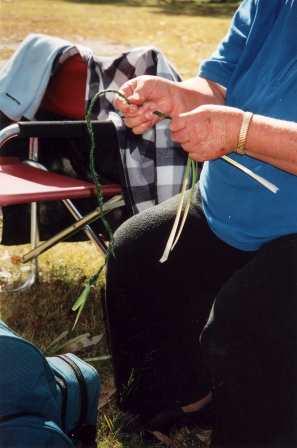Human Research Ethics Online Training
V. Research with Aboriginal and Torres Strait Islander Peoples
Conclusions: Reflections on an Imperfect History
It is important to understand that ethics in many research contexts are part of a particular colonial history. Current research ethics are a point on a continuum from a time when it was considered to be acceptable for European researchers to collect and distribute any information and/or objects they liked (including human bodies and body parts) in the name of scientific discovery. Things have changed, but they are not perfect. 'Decolonising methodologies' can only ever go part way in being truly 'decolonising' when power relationships in research are unequal as they very often are.
Institutional ethics guidelines are also only part of ethical research practice. The rules that are legislated by institutions for their researchers can never take account of the infinitely variable nature of research and research relationships. Often, the ethics rules demanded by institutions fall well short of the demands of personal relationships between researchers and their research participants.
An example of this occurred during anthropologist Kristina Everett's research with an urban Aboriginal community. The University Ethics Committee to which she was accountable demanded that she obtain a signed letter of consent from a research participant who had asked Everett to write her life history. Everett asked the woman, with whom Everett had enjoyed a long term, warm relationship, to sign the form a number of times, but the woman had resisted. When Everett finally confronted the issue with the woman she became very upset and argued that it was insulting that friends should need a contract to protect what the woman understood to be the interests of the university rather than her own interests. She claimed that she and Everett had been through enough personal trials over the years to trust each other and that a piece of paper would never be able to do what their relationship demanded.
Institutional ethics rules can also fall short of researcher's own moral responsibilities and commitments to a particular cause. Ultimately, researchers must make their own decisions about what is ethical in the context of the particular research situation, in dialogue with their research participants.
 Urban Aboriginal person doing crafts. Photo copyright 2003 Kristina Everett, all rights reserved.
Urban Aboriginal person doing crafts. Photo copyright 2003 Kristina Everett, all rights reserved.

